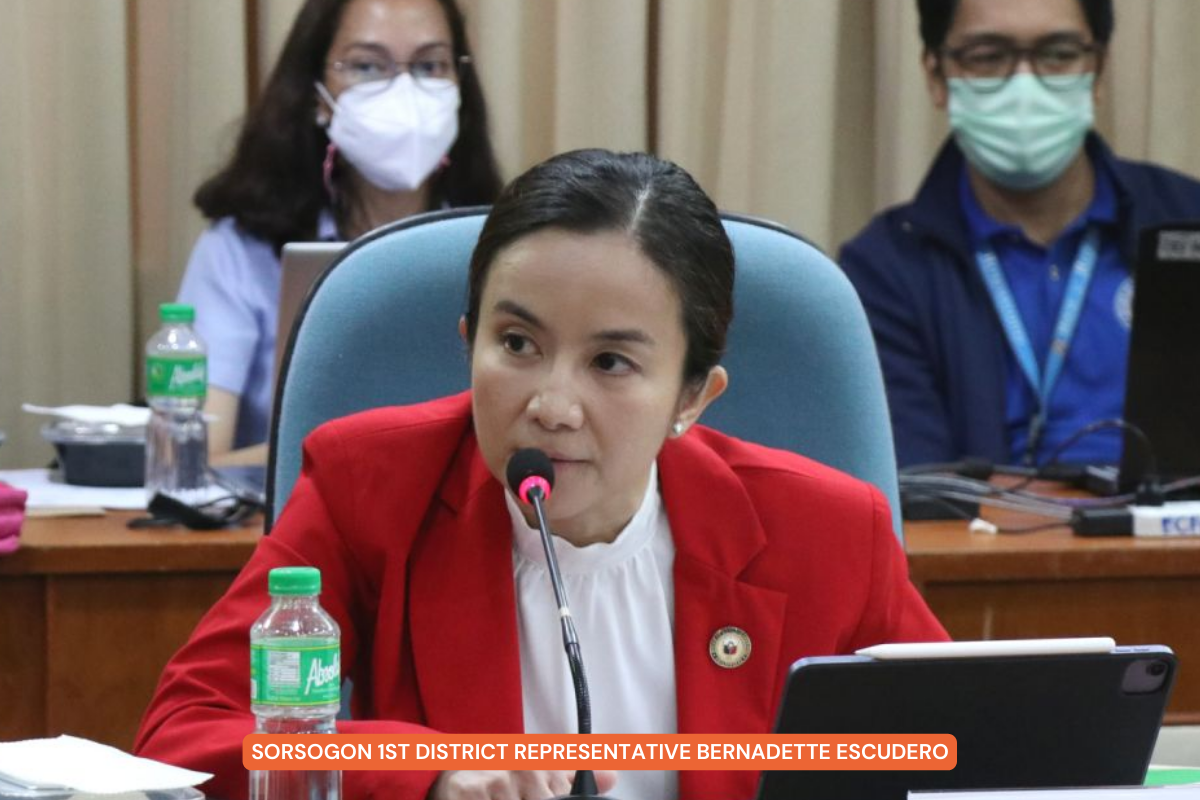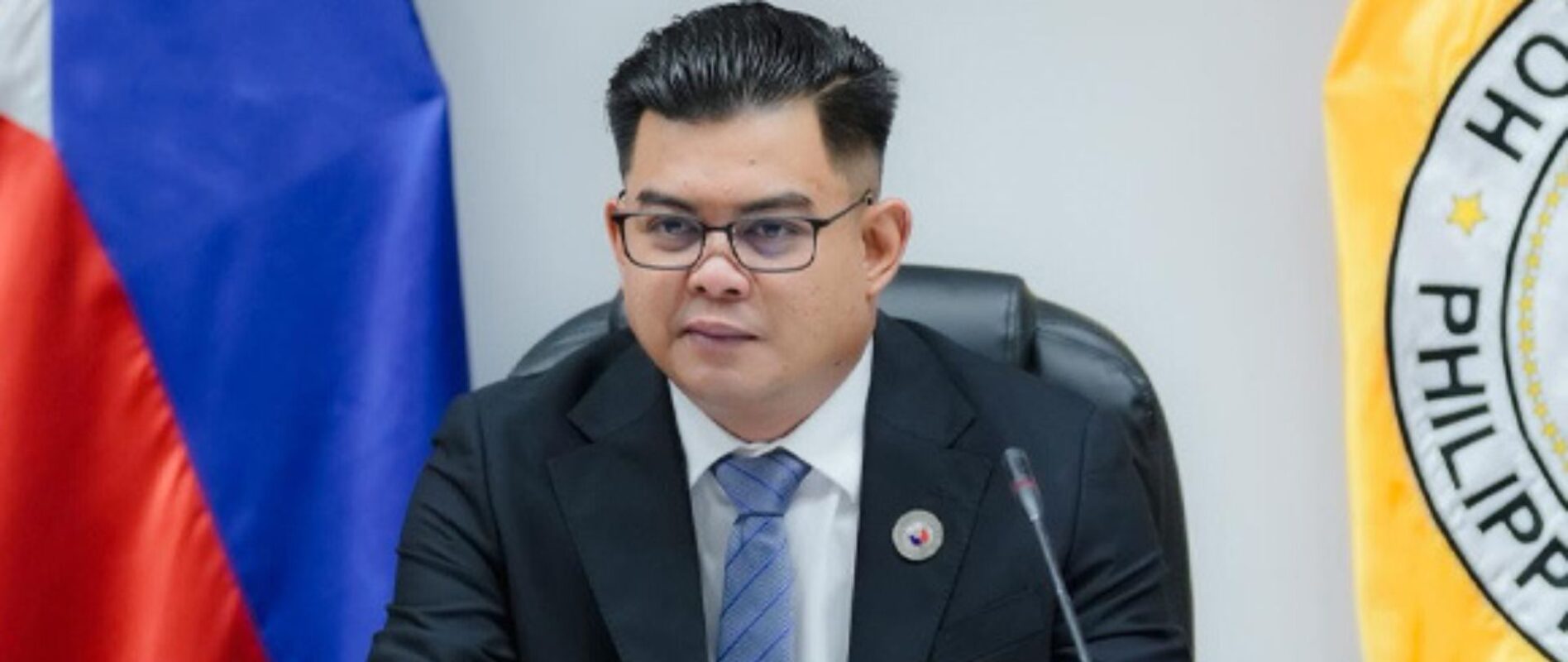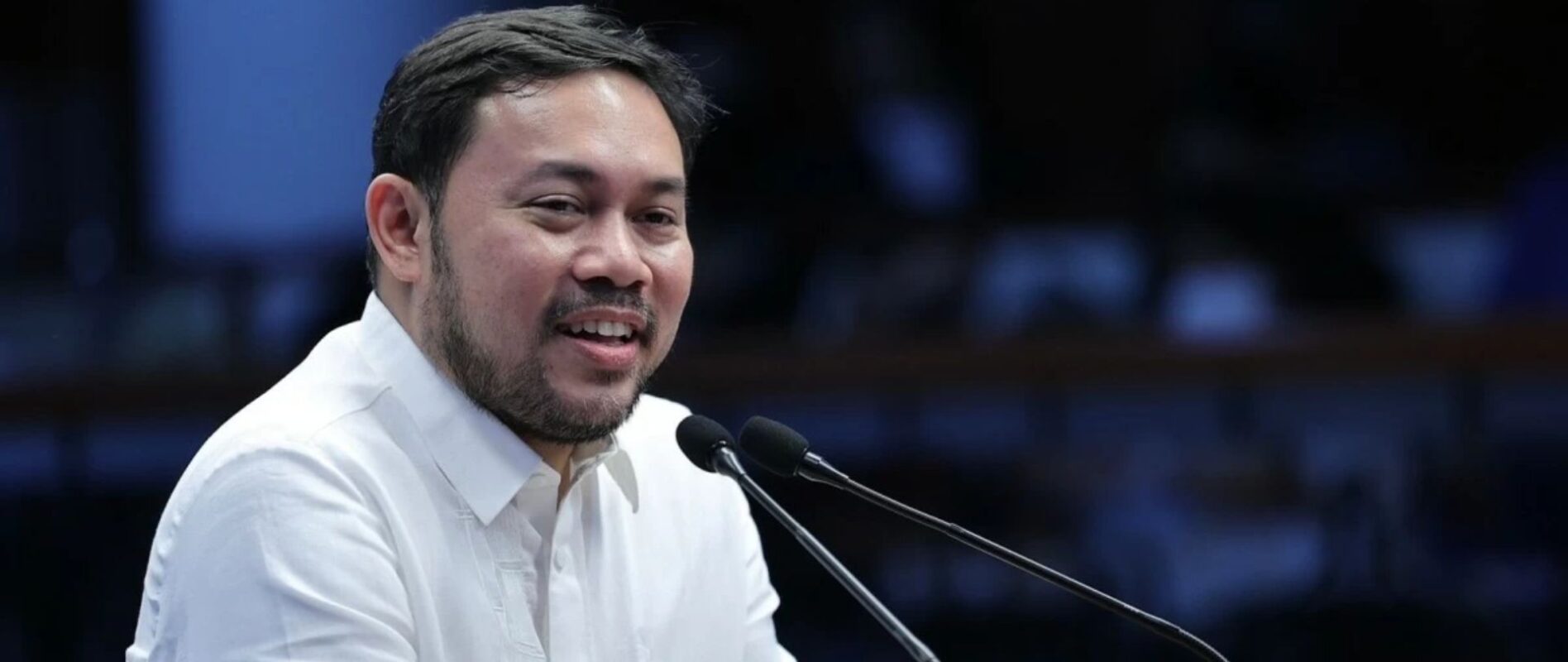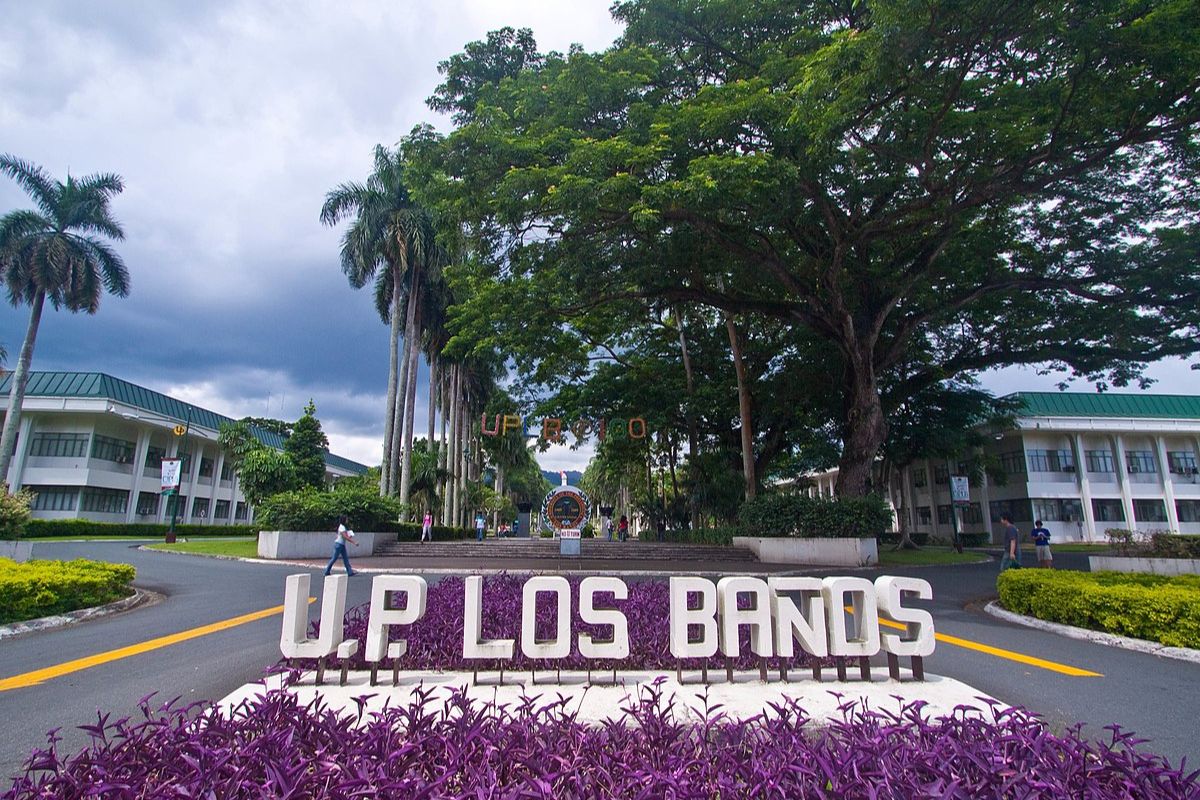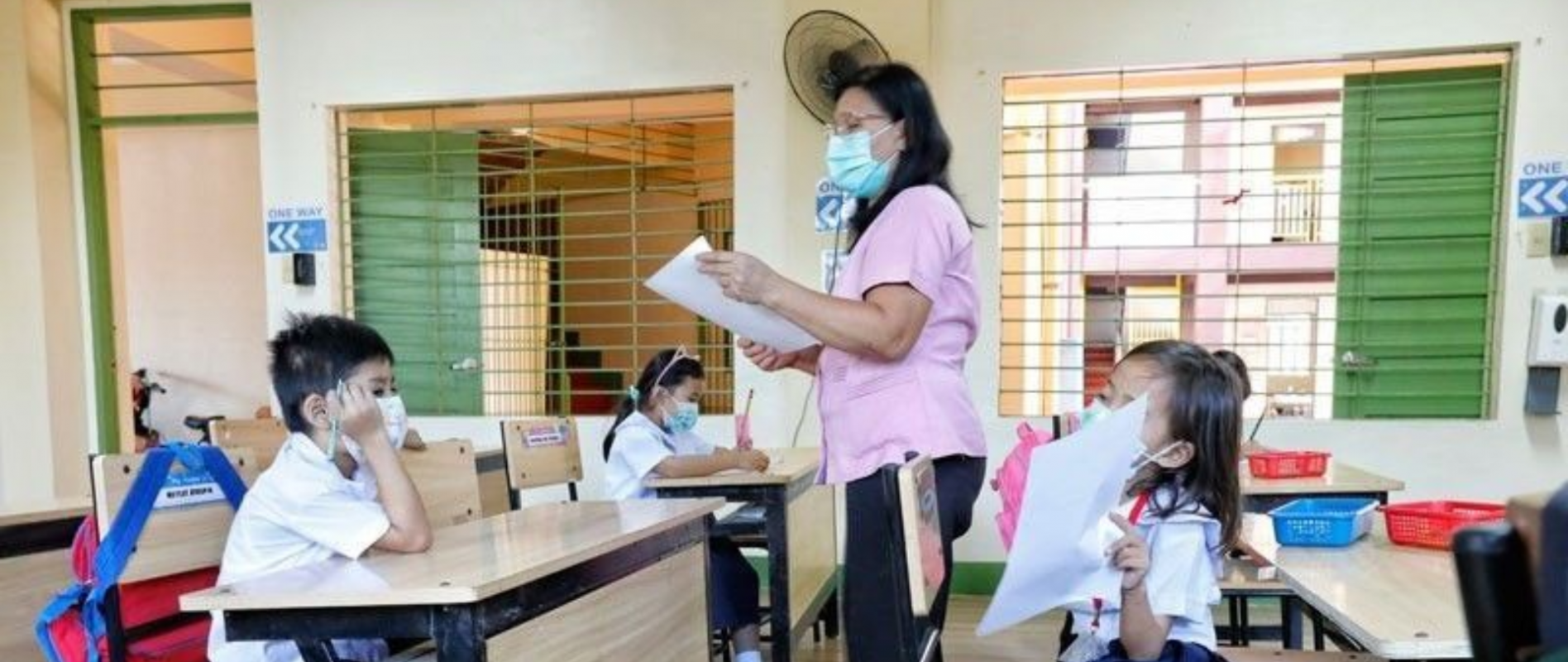TESDA CHIEF VOWS HELP TO IPs, FORMER REBELS
TECHNICAL Education and Skills Development Authority Director General Isidro Lapeña vowed to continue reaching out to more Indigenous People communities to help empower them.
Lapeña made the pledge after attending the joint meeting of the National and Regional Task Forces to End Local Communist Armed Conflict on Friday, March 5, at the University of Science and Technology of Southern Philippines Gymnasium in Cagayan de Oro City which was also attended by President Rodrigo Duterte.
Duterte ordered TESDA and the Department of Agriculture to identify the Certificate of Land Ownership Award beneficiaries of the Department of Agrarian Reform and give them the skills and livelihood training they need to till the land that they received.
“After being given land, TESDA and DAR should provide the means for them to have a livelihood,” Duterte said.
The President also gave assurances that the government is ready to help former rebels start peaceful and productive lives.
“I’ll give you a house and a job. And while you don’t have a job, I’ll give you rice. I’ll also find a job for your wife. TESDA is there,” he said.
As the lead agency of the Poverty Reduction and Livelihood and Employment Cluster of NTF-ELCAC, TESDA has penetrated far-flung communities to empower its residents through livelihood and skills training.
The Cabinet Officer for Regional Development and Security of Region X, Presidential Communications Operations Office Secretary Martin Andanar, reported that 1,277 individuals, 88 former rebels, and more than 2,000 IPs in the region have received various skills trainings and livelihood assistance from TESDA and other PRLEC member-agencies.
“I really saw his people training former rebels in Bukidnon. I want to thank Secretary Sid Lapeña. Thank you, Sir for helping us wholeheartedly here in Region 10,” he said.
Major General Andres Centino, Philippine Army’s 4th Infantry Division Commander, said TESDA and the PRLEC had implemented the Priority Barangay Development Program in Northern Mindanao.
“There are a total of 97 barangays with intervention, 13 sustaining barangays, 1,277 individuals enrolled, and 391 employed,” he reported.


